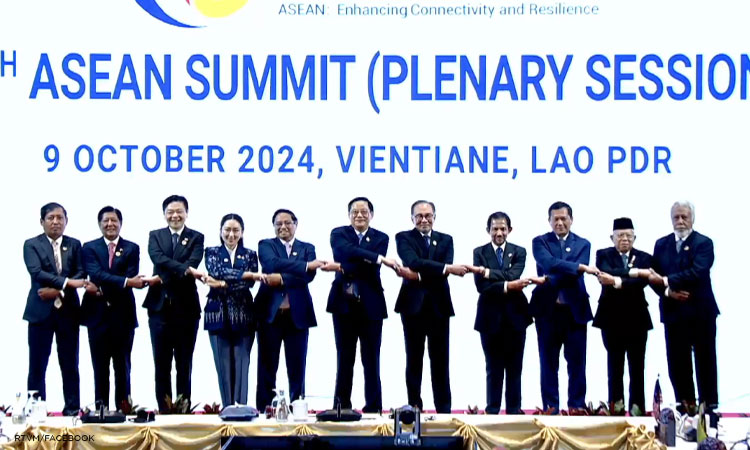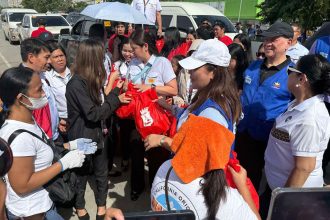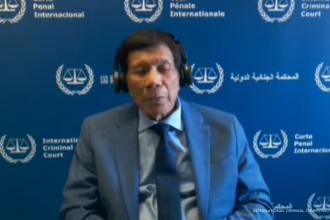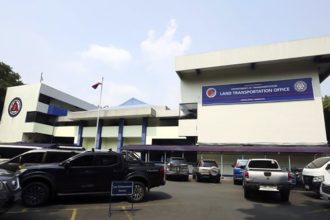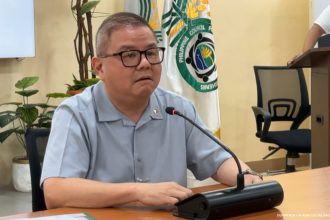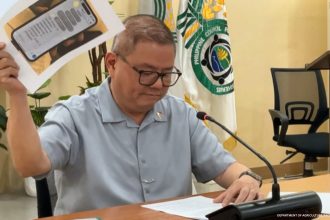
Metro Manila, Philippines—The Association of Southeast Asian Nations (ASEAN) has called for “self-restraint” in actions that could undermine peace and stability in the South China Sea.
The regional bloc outlined its concerns in a 44-page chairman’s statement released over the weekend, following the ASEAN Summit in Laos.
“We discussed the situation in the South China Sea, during which concerns were expressed by some ASEAN Member States on the land reclamations and activities in the area, including actions that put the safety of all persons at risk, damage to the marine environment, which have eroded trust and confidence, increased tensions, and may undermine peace, security, and stability in the region,” ASEAN said.
It emphasized that disputes must be resolved peacefully and in line with the 1982 United Nations Convention on the Law of the Sea (UNCLOS).
“We reaffirmed the need to enhance mutual trust and confidence, exercise self-restraint in the conduct of activities that would complicate or escalate disputes and affect peace and stability, and avoid actions that may further complicate the situation,” ASEAN added.
The bloc also acknowledged the progress in efforts to conclude the South China Sea Code of Conduct (COC).
“We emphasized the need to maintain and promote an environment conducive to the COC negotiations, and thus welcomed practical measures that could reduce tensions and the risk of accidents, misunderstandings, and miscalculation,” the statement said.
Marcos: Over half of ASEAN states offer help on South China Sea issues
President Ferdinand Marcos Jr. revealed that more than half of ASEAN members have offered assistance in addressing the South China Sea disputes.
“There are many offers of help. And they say if that is the problem, maybe we could do this, maybe we could—maybe our country can send vessels, maybe we can have joint operations, maybe we can have discussions, maybe I can serve as an interlocutor,” Marcos said in an interview during the recently concluded ASEAN summit in Laos.
The president refuted criticisms that ASEAN has become merely a “talk shop,” asserting that the forum remains a valuable platform to raise regional concerns.
“It is important for the Philippines, for example, to be able to explain to Member States and the other leaders who have come to join us the situation as we face it. Because understandably, they do not live with this situation day to day. And it is important to make them aware that it is getting better, it’s getting worse,” he explained.
While Marcos did not name the countries offering assistance, he confirmed that more than half of ASEAN’s member states were involved.
“These are private conversations. And I would not like to put them in a spot by talking about the specifics of what we had discussed,” he said.
ASEAN, a regional organization comprising ten Southeast Asian nations—Brunei, Cambodia, Indonesia, Laos, Malaysia, Myanmar, the Philippines, Singapore, Thailand, and Vietnam—promotes political and economic cooperation, regional stability, and the peaceful resolution of disputes among its members.
The ASEAN Summit, held annually, serves as a key platform for these nations to address regional challenges, strengthen cooperation, and shape policies for common development.




